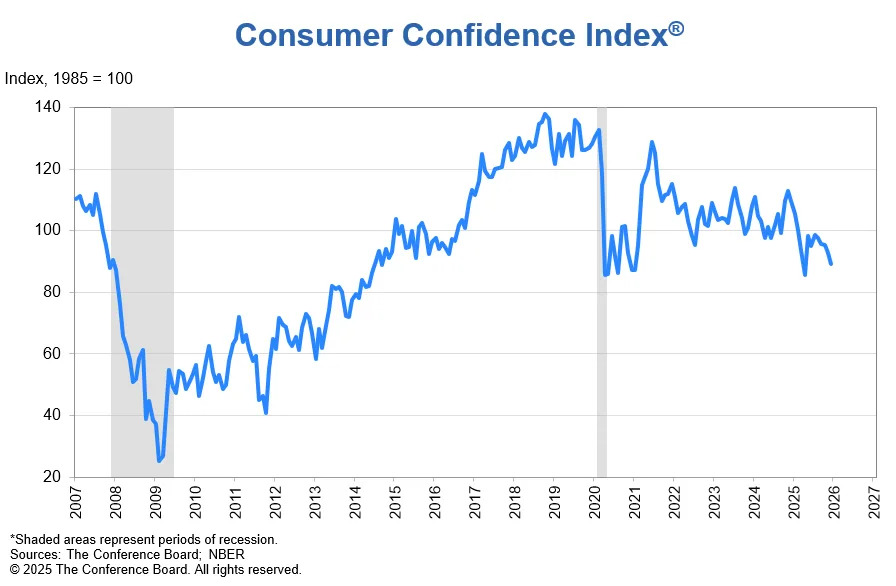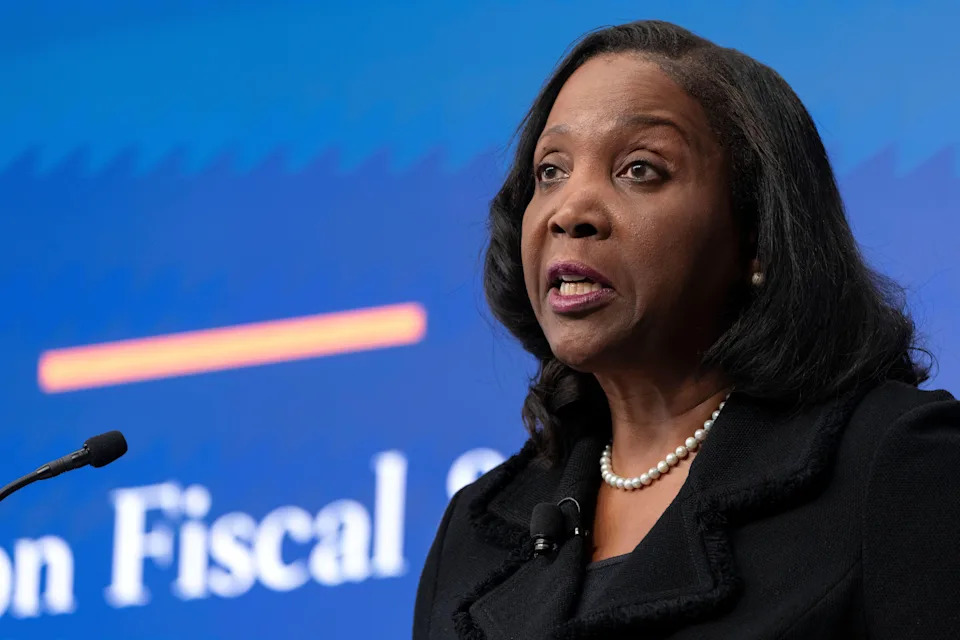
Lyn Alden lowers Bitcoin forecast after ‘tariff kerfuffle,’ eyes liquidity
Key Points
- Lyn Alden expects Bitcoin to end 2025 higher than its current price, despite a lower forecast due to Trump's tariff announcement.
- A "massive liquidity unlock" could push Bitcoin towards more optimistic price targets.
- Bitcoin's 24/7 trading contributes to its volatility, especially when traditional financial markets are in turmoil.
Summary
Macroeconomist Lyn Alden has adjusted her Bitcoin price forecast downwards following US President Donald Trump's tariff announcement in February, which introduced uncertainty into the market. Despite this, Alden remains optimistic about Bitcoin's future, predicting that it will likely end 2025 above its current price of around $85,000. She discussed on Coin Stories how a significant liquidity event, such as a crisis in the US bond market necessitating Federal Reserve intervention, could propel Bitcoin to higher levels. Alden highlighted Bitcoin's unique trading characteristics, noting that its round-the-clock trading can lead to increased volatility, particularly when traditional markets are experiencing distress. She also suggested that Bitcoin could perform well in a scenario similar to the 2003-2007 period, where capital flowed into alternative investments like commodities and emerging markets, potentially benefiting Bitcoin even if US stocks underperform.
cointelegraph
April 20, 2025
Crypto


